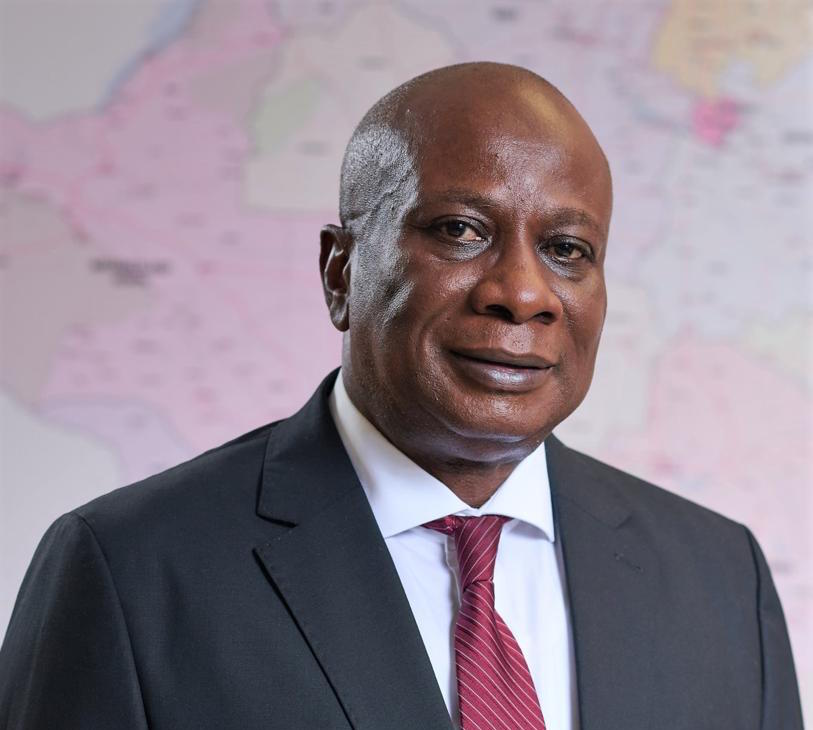|
Getting your Trinity Audio player ready...
|
On 12 August 2023, the United Nations System in Zimbabwe joined the world and Zimbabwe in commemorating International Youth Day. It affirmed this year’s theme “Green Skills for Youth: Towards a Sustainable World.” The theme was chosen in recognition of the critical role that young people play in addressing global environmental challenges.
In essence, green skills are about both (i) technical knowledge and skills that enable young people to effectively use green technologies and processes (i.e. resource-efficient technologies or processes that reduce waste and minimise the environmental impact of human action); and (ii) transversal skills, as well as knowledge, values and attitudes that help them take pro-environmental decisions in their work and lives.
Zimbabwe, like many other countries, faces significant climate and environmental challenges, including deforestation, land degradation, water scarcity, cyclones, floods, heat waves, and biodiversity loss. These challenges have adverse effects on both present and future generations, particularly impacting young people’s health and well-being, and opportunities. A green economy offers the potential for new jobs to be created and for existing jobs to change, which requires adjusting training and skills relevant to green jobs. These employment opportunities are important to young people, whose energy and creativity are needed in creating a sustainable and employment-orientated present and future.
Green skills encompass a wide range of competencies, including sustainable agriculture, renewable energy, waste management, climate science, biodiversity conservation, green entrepreneurship, and sustainable urban planning including supporting related innovations. These skills equip young people with the capacity to contribute to sustainable development at various levels: locally, nationally, and globally.
To achieve a sustainable world, the UN calls upon all stakeholders including relevant government institutions, civil society, the private sector, educational institutions, and youth-led organizations to prioritize the following actions:
First, education for sustainability: Foster education systems that integrate sustainability across curricula, ensuring that youth have access to quality and inclusive education. Promote interdisciplinary approaches, engaging students in hands-on experiences, research, and problem-solving related to climate and environmental sustainability.
Second, green skills training and employment: Provide vocational training, apprenticeships, and entrepreneurship programs that focus on green skills development. Encourage public-private partnerships to create more job opportunities in the green economy, enabling youth to contribute their talents effectively.
Third, youth-led initiatives: Support and strengthen youth-led organizations and initiatives that promote environmental sustainability. Provide platforms for young people to voice their concerns, ideas, and innovations, and amplify their participation in decision-making processes related to sustainable development.
Fourth, access to sustainable technologies: Ensure that youth, particularly those from marginalized communities, have access to affordable and sustainable technologies, enabling them to participate in green initiatives. Promote innovation and research for the development of environmentally friendly technologies that address local and global environmental challenges.
Fifth, international cooperation: Strengthen international cooperation and exchange of knowledge, experiences, and best practices among governments, organizations, and individuals working towards a sustainable future. Promote collaboration across borders to address transboundary environmental issues and build a global community dedicated to environmental stewardship.
“On International Youth Day 2023, let us recognize the potential of young people to drive sustainable development. By investing in green skills and empowering youth, we can foster a generation that actively contributes to building a sustainable world – one that respects planetary boundaries and leaves no one behind.
“The United Nations Country Team in Zimbabwe stands ready to collaborate with all stakeholders to support the development of green skills for youth, fostering a sustainable future for our country. Together, let us harness the energy, creativity, and determination of young people to build a greener, more resilient, and prosperous Zimbabwe for all,” said Mr. Edward Kallon, UN Resident and Humanitarian Coordinator for Zimbabwe.






